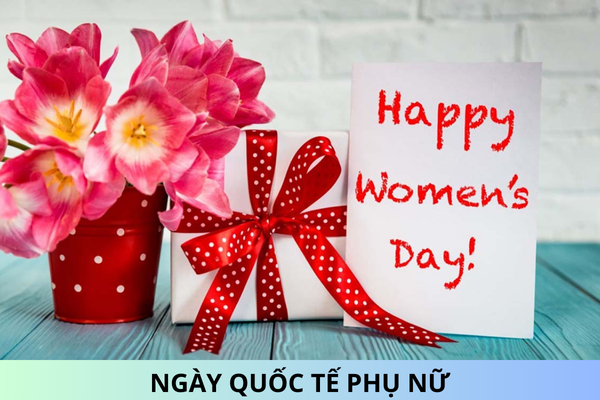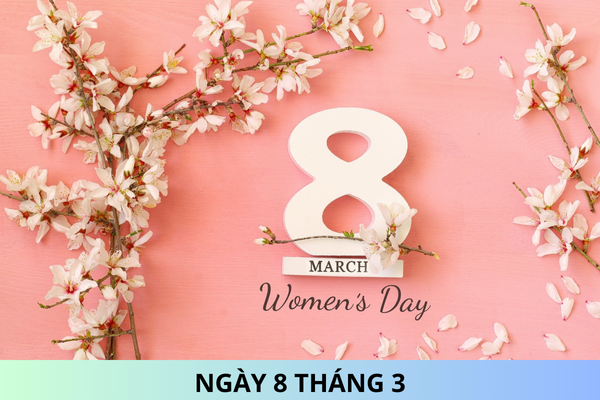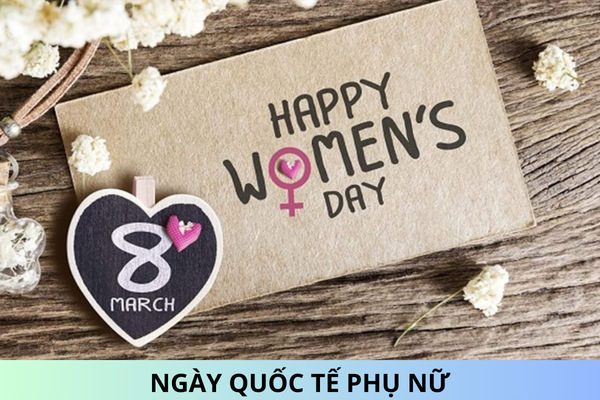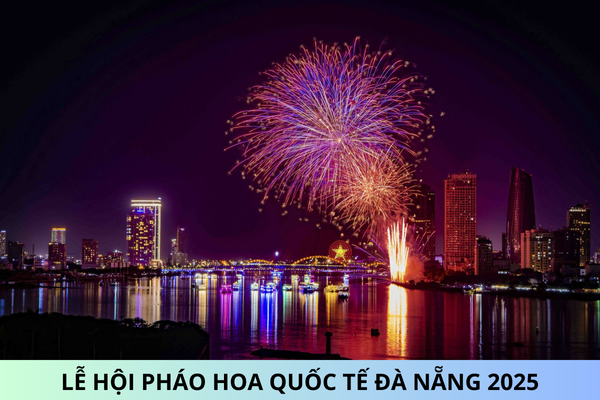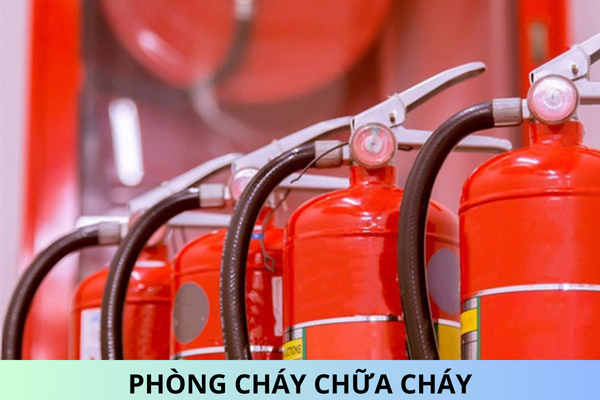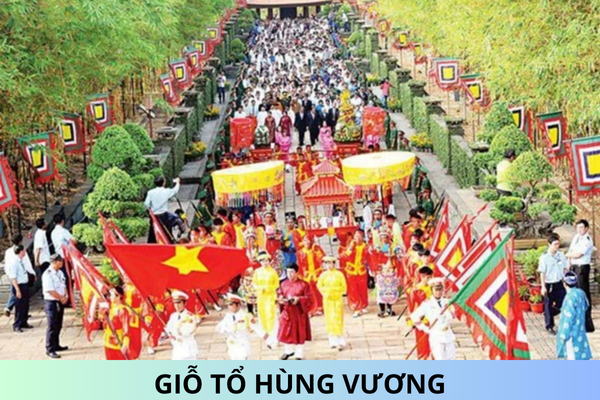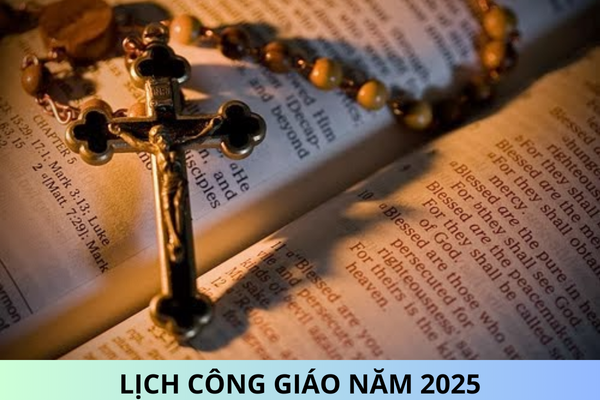What is Vesak Day 2024? When does Vesak Week 2024 take place? How is Vesak Day 2024 organized in Vietnam?
What is Vesak Day 2024? When does Vesak Week 2024 take place? What are principles of organization of Vesak Day 2024 in Vietnam?
What is Vesak Day 2024?
Vesak Day is one of the most significant holidays in Vietnamese Buddhism. It is celebrated annually on the 15th day of the fourth lunar month to commemorate the birth of Lord Buddha, Siddhartha Gautama.
Vesak Day in the lunar calendar falls on May 22, 2024 in the Gregorian calendar.
Vesak Day is a day to remember and show gratitude to Lord Buddha, who brought enlightenment to humanity. On this day, Buddhists often visit temples to participate in Buddhist rituals, listen to teachings, recite sutras, engage in meditation, and observe vegetarianism.
In Vietnam, Vesak Day is celebrated with great solemnity and grandeur. Pagodas hold ceremonies such as Buddha processions, Buddha worship, Dharma talks, and cultural performances such as lion dances, water puppetry, etc.
Vesak Day is a deeply meaningful holiday that promotes human values. It is a day for us to learn from and follow the enlightened teachings of Lord Buddha, leading a moral and virtuous life.
Please note that the content provided is for reference purposes only!
What is Vesak Day 2024? When does Vesak Week 2024 take place? How is Vesak Day 2024 organized in Vietnam? - image from the internet
When does Vesak Week 2024 take place?
On March 28, 2024, the Vietnam Buddhist Sangha issued Circular 88/TB-HDTS in 2024 regarding the guidelines for organizing Vesak Day in the Buddhist calendar year 2568.
According to the circular, Vesak Week 2024 will take place from the 8th to the 15th day of the lunar month Giap Thin, corresponding to May 15th to May 22nd, 2024.
Vesak Day can be organized as a one-day solemn event or a week-long celebration depending on the local situation.
Vesak Week is an annual event commemorating the birth of Lord Buddha, Siddhartha Gautama. It is one of the most important Buddhist festivals in Vietnam and is celebrated in Buddhist temples and shrines throughout the country.
Vesak Week is also one of the most significant Buddhist festivals worldwide and is celebrated in countries with large Buddhist communities, including Vietnam, India, Nepal, Sri Lanka, Thailand, and others.
Vesak Day originated in India and later spread to Vietnam and other Southeast Asian countries. According to legend, Lord Buddha was born on the full moon day of the eighth month (according to the ancient Indian calendar), which corresponds to the fifteenth day of the fourth lunar month.
Vesak Day typically includes the following activities:
- Buddha Bathing Ceremony: This traditional ritual is a symbolic expression of reverence and gratitude towards Lord Buddha. People use scented water, lotus flowers, and tea leaves to bathe the Buddha statues.
- Buddha Procession: Buddha statues are paraded in magnificent processions on the streets. People join the procession and offer prayers for peace and good fortune.
- Dharma Talks: Buddhist monks deliver teachings on the life and teachings of Lord Buddha. It is an opportunity for people to learn more about Buddhism and apply the Buddha's teachings in their daily lives.
- Offerings: People make offerings of food, fruits, incense, etc., at temples to pray for peace and good luck for themselves and their families.
- Cultural Activities: Various cultural activities are organized during Vesak Day, including music and dance performances, art exhibitions, and Buddhist-related competitions.
Please note that the content provided is for reference purposes only!
What are principles of organization of Vesak Day 2024 in Vietnam?
Pursuant to Article 5 of the Decree 110/2018/ND-CP stipulating pricinples for festival organization:
Principles for festival organization
1. Festivals are organized to educate the people about patriotism, national pride and “Uống nước nhớ nguồn” (“When drinking water, think of its source”) ethics, honor predecessors, historical figures and those who have made significant contribution to the development of the country; disseminate historical, cultural and architectural values of monuments/sites and traditional values of festivals.
2. Festivals must be organized in a formal, practical and effective manner and in conformity with the scope and activities of festivals; organize traditional festivals based on historical or cultural significance; reduce the frequency of traditional festivals.
3. Rites of festivals must be performed in a solemn and traditional manner. The rites that are violent, offensive and against Vietnamese people’s love for peace and humanity.
4. People are educated in a manner that adopts good behaviors, attitudes and awareness; halt the trend in pursuing material and personal gains.
5. Measures must be adopted to protect monuments/sites and scenic landscapes and ensuring security, public order, fire prevention and environmental protection.
6. Festivals must not be organized in a manner that serves self-interest and group interest; do not force organizations and individuals to offer contributions for festival organization.
7. The use of state budget should be restricted and private sector involvement in organizing festivals should be increased; practice thrift and fight against wastefulness.
Pursuant to Article 10 of the Law on religion and folk belief in 2016 stipulating principles of the practice of folk beliefs:
Principles of the practice of folk beliefs
1. Folk belief activities and folk belief festivals shall conserve and uphold the country's fine cultural and traditional values.
2. The organization of folk belief activities and folk belief festivals shall maintain security, order, social safety, thrift and environmental protection.
As regulated above, the organization of Vesak Day 2024 in Vietnam shall follow the below principles:
- Festivals are organized to educate the people about patriotism, national pride and “Uống nước nhớ nguồn” (“When drinking water, think of its source”) ethics, honor predecessors, historical figures and those who have made significant contribution to the development of the country; disseminate historical, cultural and architectural values of monuments/sites and traditional values of festivals.
- Festivals must be organized in a formal, practical and effective manner and in conformity with the scope and activities of festivals; organize traditional festivals based on historical or cultural significance; reduce the frequency of traditional festivals.
- Rites of festivals must be performed in a solemn and traditional manner. The rites that are violent, offensive and against Vietnamese people’s love for peace and humanity.
- People are educated in a manner that adopts good behaviors, attitudes and awareness; halt the trend in pursuing material and personal gains.
- Measures must be adopted to protect monuments/sites and scenic landscapes and ensuring security, public order, fire prevention and environmental protection.
- Festivals must not be organized in a manner that serves self-interest and group interest; do not force organizations and individuals to offer contributions for festival organization.
- The use of state budget should be restricted and private sector involvement in organizing festivals should be increased; practice thrift and fight against wastefulness.
- Folk belief activities and folk belief festivals shall conserve and uphold the country's fine cultural and traditional values.
- The organization of folk belief activities and folk belief festivals shall maintain security, order, social safety, thrift and environmental protection.
Best regards!
